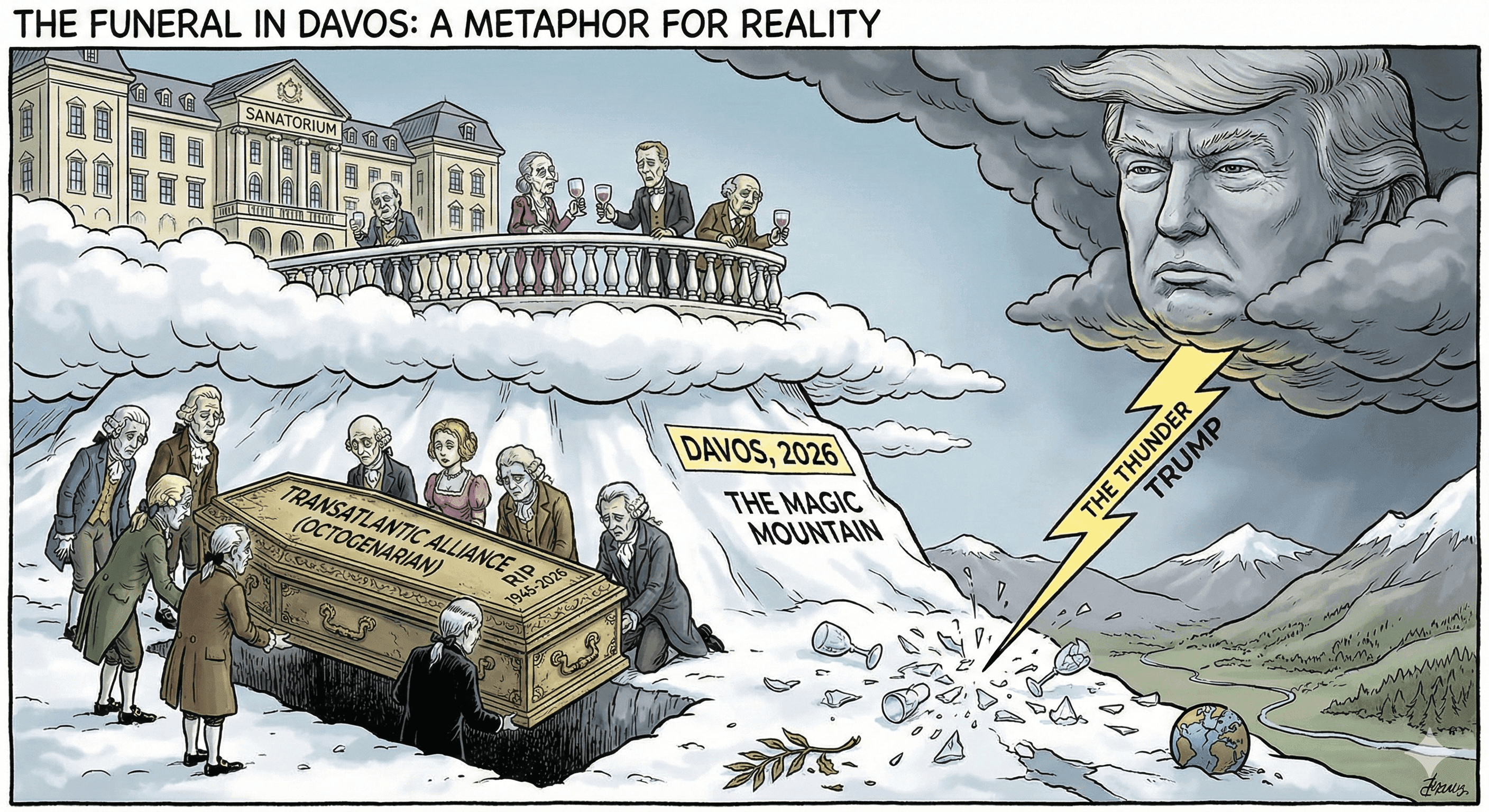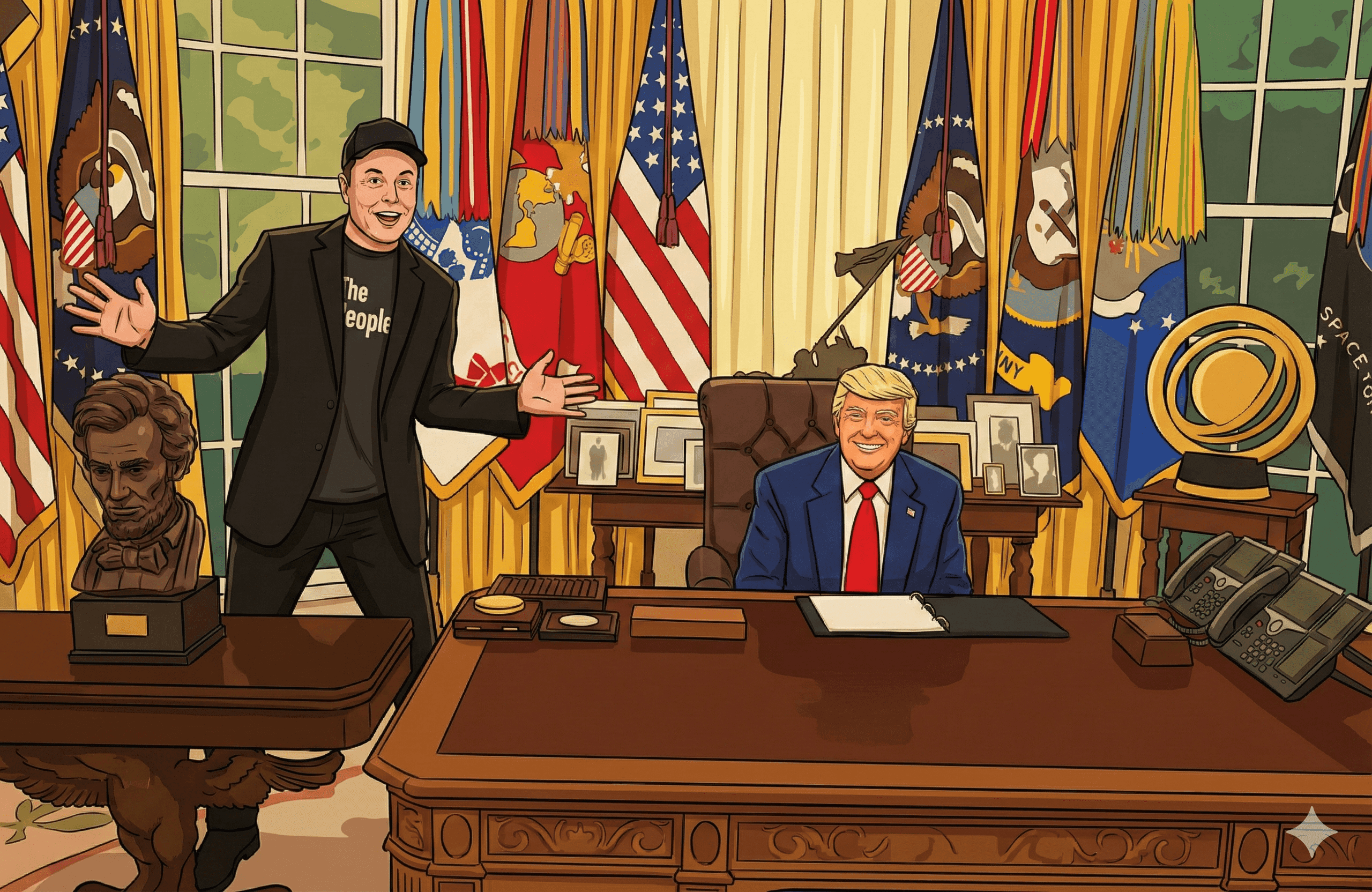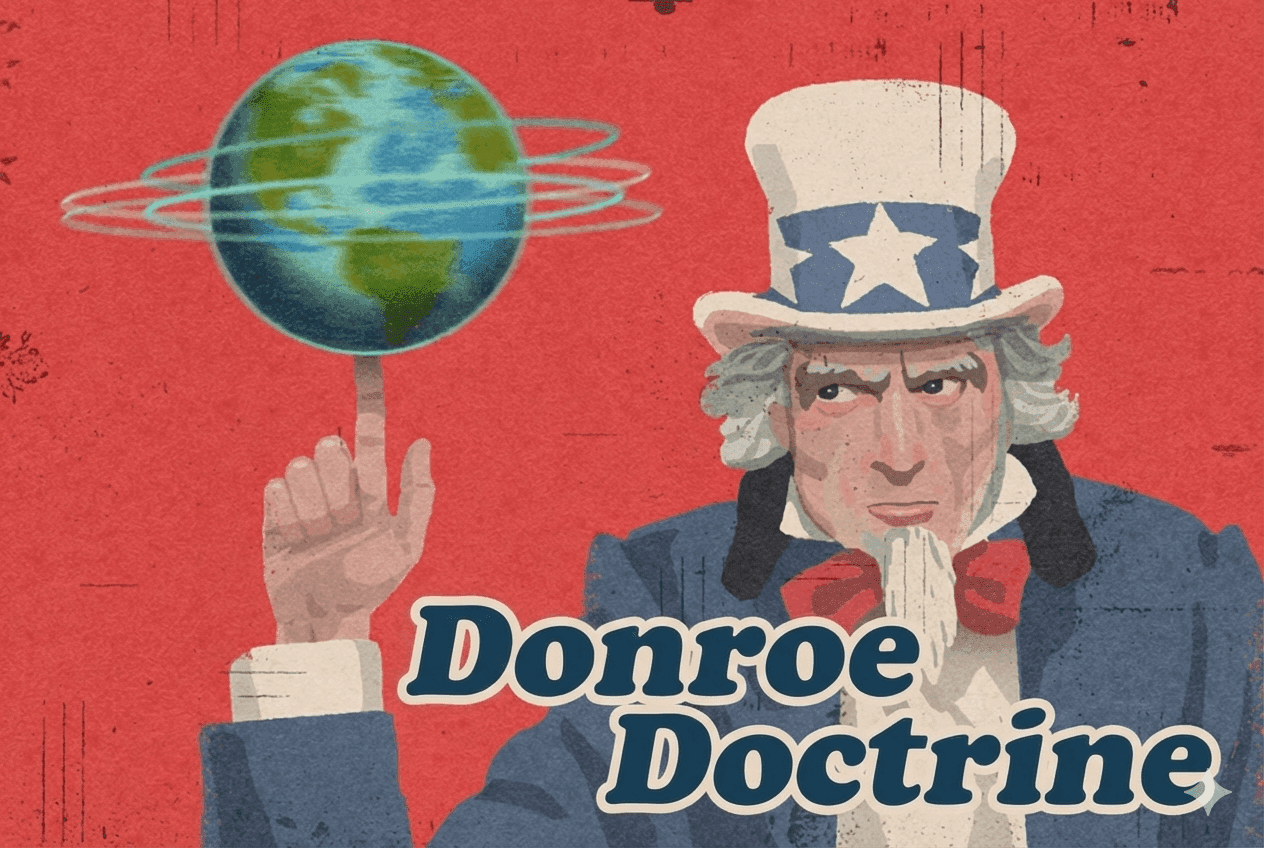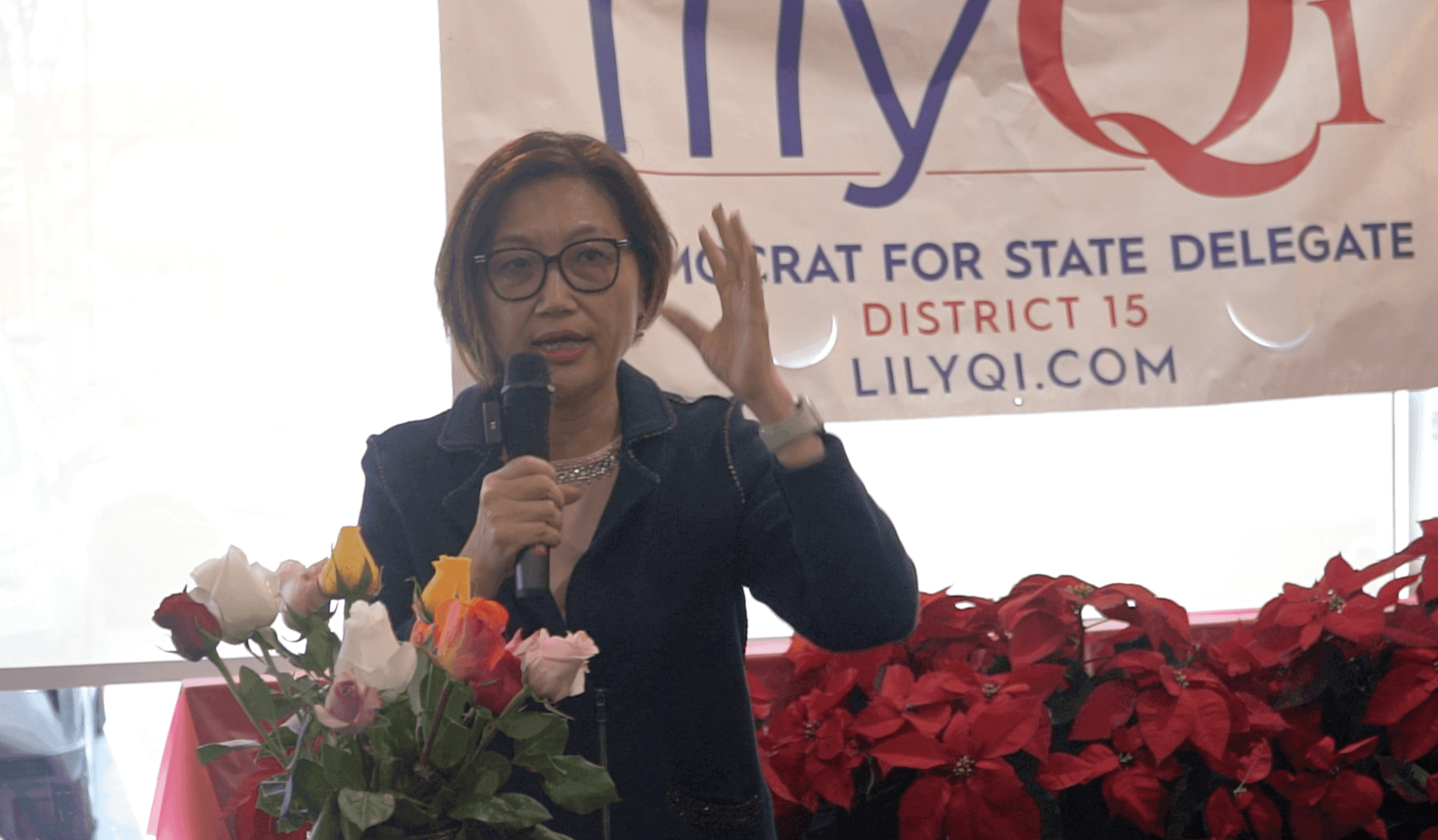Chao Wu Opens Maryland Re-election Campaign with a Call for Steady, Practical Governance

In the often combative landscape of American politics, Maryland has long stood out for its moderation—neither as confrontational as Texas nor as performative as California. But on a clear weekend afternoon in Howard County, a modest campaign kickoff offered a quiet reflection on a larger question: how democracy, beyond the vast machinery of the federal government, continues to survive one vote at a time.

At the event, three of Maryland’s prominent female leaders—Lt. Gov. Aruna Miller, State Comptroller Brooke Lierman, and House Ways and Means Chair Vanessa Atterbeary—took the stage to endorse incumbent state delegate Chao Wu. The crowd was not large, but the symbolism was striking: a convergence of executive, fiscal, and legislative power around a local lawmaker known for his steady, data-driven approach.

Lt. Gov. Miller opened with a small story. During a torrential downpour, Wu had stayed outside a polling station with volunteers, making sure voters could cast their ballots. It wasn’t about policy, she said—it was about showing up, the most basic denominator of politics. She went on to describe Maryland’s efforts to expand into artificial intelligence, quantum computing, and biotechnology—an understated but pointed reminder that the state is learning to rely less on Washington’s volatile rhythms. “When the federal government shuts down,” she said, “Maryland keeps its doors open.”

Comptroller Lierman’s remarks brought the conversation back to ground level. She reminded the audience that Wu’s last victory margin was just 113 votes—an almost accidental win in a district with tens of thousands of registered voters. “That’s how close democracy can be,” she said. “It’s not a spectator sport.” The line landed like both a warning and a plea.

As Chao Wu’s colleague on the House Ways and Means Committee for Finance and Education, Chairwoman Atterbeary praised him as someone who “asks the right questions, gets things done, and delivers results.” She cited as examples Wu’s initiative on regulating cellphone use in schools — though it did not pass in the Senate, it has since been adopted by the state Department of Education as a statewide guideline — and his leadership in securing funding for off-campus cultural facilities, which has already been successfully implemented.
Wu’s own speech avoided the grandeur of campaign rhetoric. He spoke instead of utility bills, school calendars, and student holidays—the small mechanisms that quietly shape daily life.
On energy policy, Wu called for nuclear power to rejoin Maryland’s energy mix as a way to curb rising electricity costs. In a heavily regulated blue state, advocating for more nuclear power took a kind of pragmatic courage.
On education, he proposed adjusting the state’s funding formula to reflect enrollment growth, ensuring that teacher pay and classroom conditions improve in tandem. He also called for adding Lunar New Year, Diwali, Eid, and Rosh Hashanah to public school calendars—linking fiscal equity with cultural recognition. As he put it, “the budget and the holiday schedule belong on the same page.”
Wu also addressed public safety, calling for stronger measures against gun violence and organized retail theft—topics that resonate deeply with suburban voters anxious about order and security. His tone softened when he mentioned having personally handled more than 1,500 constituent cases and mentoring over 100 student interns in legislative work. It was a glimpse of what he calls “civic education in action”—democracy not as emotion, but as spreadsheets, responses, and accountability.
Still, the most moving moment of the event didn’t come from the officials onstage. It came from the community.

A local resident, Ning Li, took the microphone. His voice was slow but steady.
“Politics used to feel far away,” he said. “Now it’s in my living room. That’s because of Chao Wu.”
That line, simple as it was, captured the essence of Wu’s politics: to make citizens feel that government is present, not above. Li admitted he didn’t always agree with Wu’s positions, but respected that “he always takes the time to explain.” In an age of outrage and algorithms, that willingness to explain is its own kind of political courage—the quiet kind that keeps democracy human.

Wu’s political method is notable for what it rejects. He doesn’t chase attention with sharp slogans or viral outrage. Instead, he pairs symbolism with substance:
* Holiday calendars as recognition
* Teacher pay as redistribution
* Gun control as order
* Business trust as stability
In an era of polarization, that local rationality feels almost radical. His 113-vote win, then, wasn’t just a statistical fluke—it was an experiment in whether reason can still move hearts in a democracy built on emotion.
The event had no banners, no brass band, no thundering applause. Just neighbors, families, and a lawmaker explaining policy line by line. It felt less like a rally and more like a civic ritual—a reaffirmation that voting still matters, and that participation, however small, remains the heartbeat of self-government.
Perhaps this is how Maryland’s democracy endures: through umbrellas in the rain, through living-room conversations, and through the memory of 113 votes that made a difference.
Postscript
American politics has drifted from a contest of ideas to a contest of attention. Wu’s approach stands out precisely because he refuses to perform. No rage, no algorithmic sound bites—just the slow work of getting things right.
In an era where cynicism passes for wisdom, moderation has become a form of courage. True political intelligence, it seems, lies not in flipping the table, but in wiping it clean.
From a small gathering in Howard County, a quiet reminder emerges: the future of democracy may not belong to the loudest voices, but to those still willing to explain, to listen, and to repair—one conversation at a time.

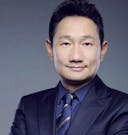 Ting Tang
Ting Tang




